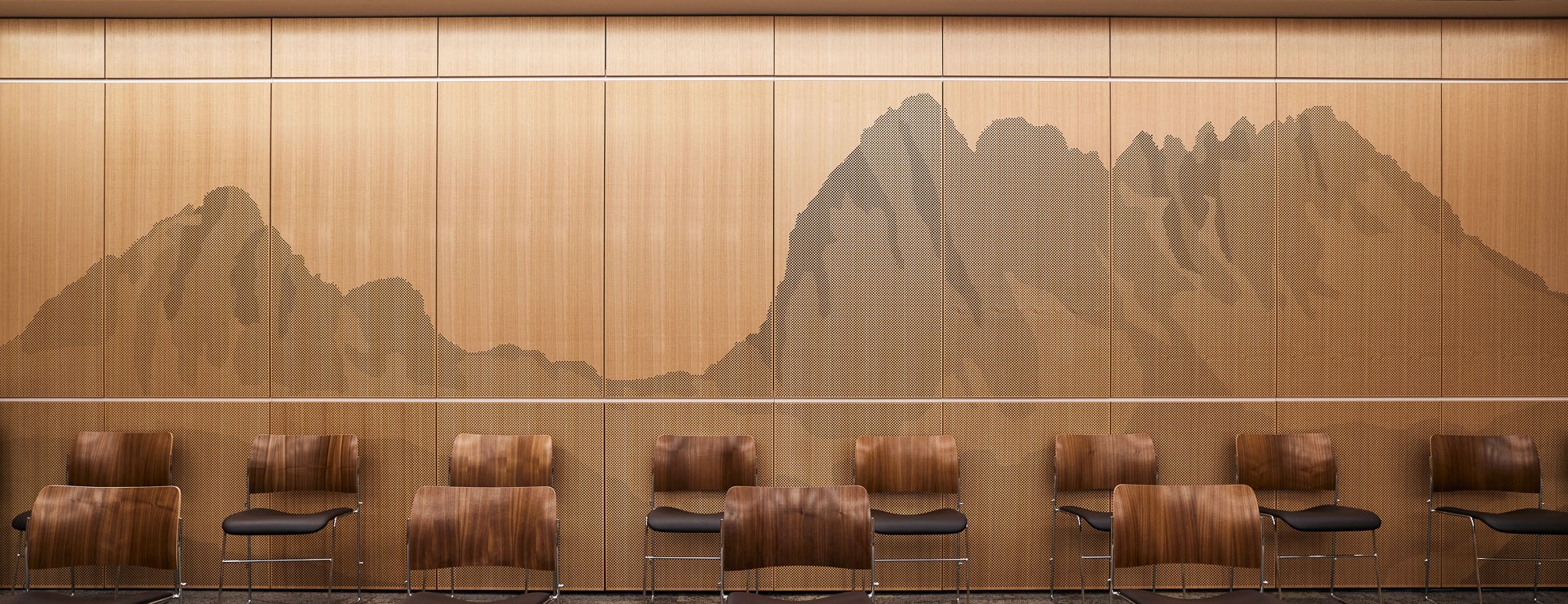About Committees
As well as work in the Chamber, Members of Parliament are appointed to various Committees. There are many different types of committees at the Parliament of Tasmania, which are constituted differently and have different functions.
Types of Committees
Standing Committees
There are three Standing committees which are established by Statute to report upon matters of particular concern to the Parliament. These Committees are:
Public Accounts
Its function is to examine accounts showing the appropriation of the amounts granted by Parliament to meet the public expenditure and such other accounts laid before the Parliament as it sees fit. The Committee reports back to the Parliament on any matters arising from its enquiries.
Public Works
Its function is to report on every proposed public works which is estimated to cost at least $8,000,000 for building and construction works or $15,000,000 for roads and bridges works. The Committee is provided with plans, specifications and other related material from the relevant Department, and may also summon witnesses. It then reports back to the Parliament the results of its inquiries. Public works estimated to cost less than the monetary thresholds above may be referred to the Committee by resolution of the House of Assembly.
Subordinate Legislation
Its function is to review delegated legislation, i.e. to examine the provisions of every regulation (which includes By-Laws - and to make such reports and recommendations to the Legislative Council and the House of Assembly and relevant Local Government or Marine Board Authorities, as it thinks desirable. The Committee also has the power to recommend to the Parliament the disallowance of any regulation. In addition, each House of Parliament establishes its own Standing Committees concerning Privileges and Standing Orders.
Sessional Committees
Two Joint Committees are established at the commencement of each Session of Parliament for the purpose of controlling the Parliamentary Precinct and the Parliamentary Library.
These committees are:
House
Its function is to control Parliament House and the adjacent Parliamentary Reserve, with the power to regulate and control all matters in relation to –
i) Catering for Parliament
ii) Allotment of rooms
iii) Repairs, renewals and alterations to the building
iv) Maintenance and upkeep of the gardens and roadways of the Parliament Reserve.
Library
Its function is to control the Library of Parliament.
Legislative Council Sessional Committees
The Legislative Council has also established two sessional committees on Government Administration to inquire into and report on any matter relating to
a) Any Bill or other matter referred to a committee by the Council;
b) The administration, processes, practices and conduct of any department, agency, government Business Enterprise, State-owned Company or other entity including entities established under the Water and Sewerage Corporations Act 2008; and
c) The administration, processes, practices and conduct of any other entity including those entities in which local government has an interest.
Select Committees
From time to time the House and/or the Council may appoint a Select Committee to inquire into a specific matter and report back to the Parliament. A Select Committee normally ceases to exist once its final report is tabled in Parliament. A Select Committee is appointed by a resolution of either or both Houses, which specifies its terms of reference and provides it with the power to summon and examine witnesses. The operation of Select Committees is governed by the Standing Orders of the Houses.
Immunity from judicial review
Committee proceedings and witnesses appearing before parliamentary committees enjoy the protection of parliamentary privilege. This is an important protection that allows individuals giving evidence to a parliamentary committee to speak with complete freedom without the fear of being sued or questioned in any court or place out of Parliament. This privilege extends to proceedings in Parliament to ensure that the Parliament receives the very best information when conducting its inquiries. Witnesses should be aware, however, that it is only when speaking before the committee that they enjoy the protection of Parliamentary privilege. If they were to repeat their comments on a later occasion in public, that later incident may not attract the protection of parliamentary privilege.
Similarly, the authorisation to publish evidence or submissions rests with the committee – not the witness or author. No part of any information prepared for the committee may be published or disclosed unless the committee or the House to which it reports has authorised its publication.
Any person who releases a submission to the media or in any way publishes it without the authority of the committee is technically in breach of privilege and may, as a consequence, have put themselves beyond the protection of the committee.

